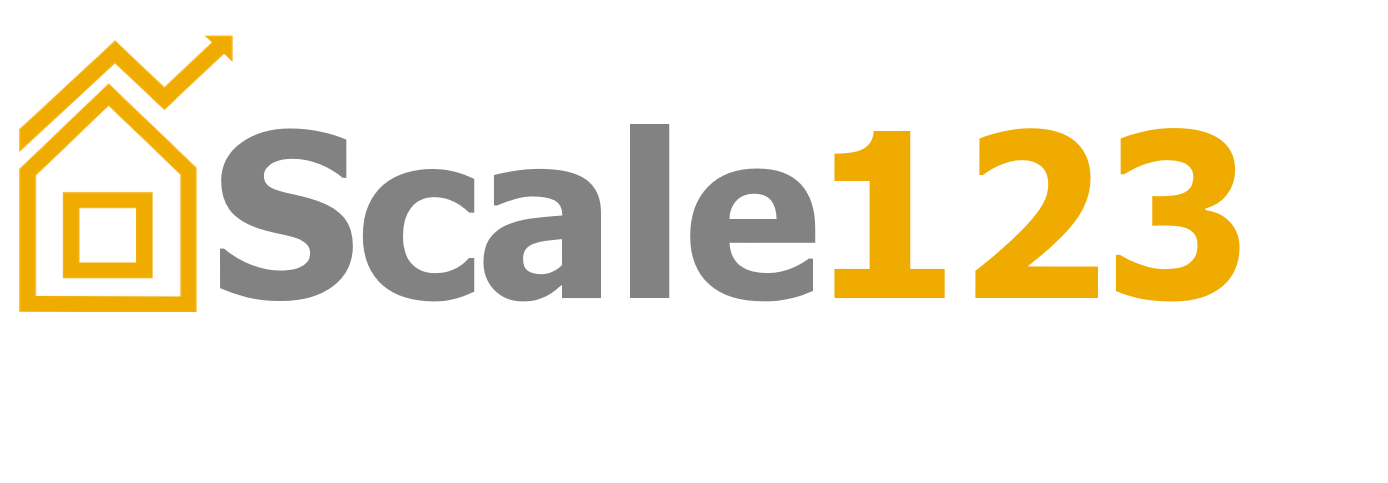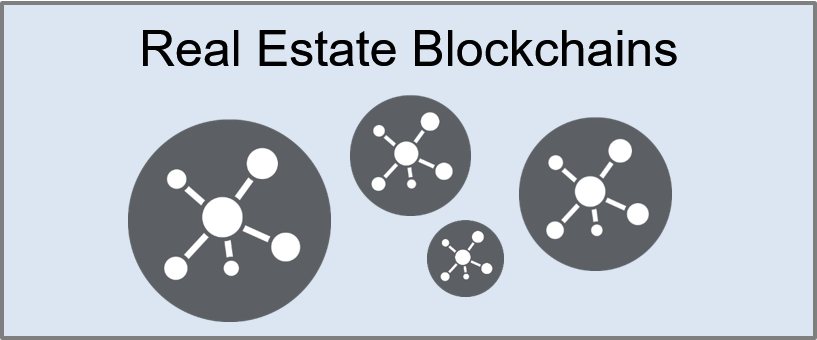What is Blockchain Technology?
Blockchain is an electronic ledger of economic transactions that may be used to record almost any activity of value. A “block” refers to the record of a new transaction, and once completed, it is added to a chain of others. Much of the general value offered by a blockchain comes from its security and transparency.
There is no centralized location for the information recorded on a blockchain. Instead, blockchain information is hosted by millions of computers making it almost completely incorruptible.
Another approach to understanding blockchain is to look at the organization of its infrastructure as a network of nodes, with each node representing a different computer on the chain. A computer that performs the task of validating and relaying transactions gets a copy of the blockchain, which gets downloaded automatically upon joining the network.
Real Estate Blockchains
Due to the high volume of value-generating transactions in real estate and property management, increased transparency may offer firms convenience and efficiency. The following describes some of the possible applications for blockchain in real estate and for blockchain in property management. These include:
- The lease application process
- Utilities consumption management
- Property surveillance and data mining, and
- Property records
Blockchains tend to remove the middle man, so the adoption of real estate blockchains could lead to significant changes in current practices, and up-end the dominant position of some companies. Here are some examples:
The Lease Application Process
- The lease application process is the first area that presents an opportunity to exercise the use of blockchain technology. Through credit checks, managers observe a tenant’s risk and payment history. This information recorded on a blockchain could be used by managers for assuring that specific tenants are timely with bill payments or if they have been delinquent in past situations. This would bypass traditional credit reporting organizations.
- Credit assessment could also be administered on a real estate blockchain. The technology would allow for managers to search client profiles and match prospective tenants with their experiences dealing with other parties.
- Criminal history and general background checks can be made more efficient in the same way. Property managers have the responsibility of knowing if their potential clients present a risk to their property or the shared environment. What is past criminal history or questionable incidents are documented on a blockchain? While there are significant privacy and liability concerns, blockchain technology can enable sharing of vast amounts of information.
Utility Expense Management
- Another potential application of a real estate blockchain is utility expense management. Consumption data may be fed into a blockchain to analyze aggregated usage and to identify wastage, opportunities for demand balancing, and for predicting future consumption.
- Payments may also be administered on the blockchain without incurring bank transfer fees. Utilities data on a blockchain may be used by managers to benchmark their payment and performance. The blockchain network can be used to compare energy consumption and other relevant figures to properties with similar features on the chain.
Data Mining for Property Surveillance
- Data mining specific figures provides useful metrics for property managers regarding their renters and clients. In general, this information can be used to review the consumption of key demographics and tell managers if they are attracting the best renters while fulfilling current residents’ needs.
- The advantages of data mining on a blockchain come from the files being incorruptible and not subject to change as a result of tampering.
- Current processes involve multiple parties handling a single document, and making changes to the document becomes harder with the more people that are involved. In theory, a real estate blockchain would alleviate this challenge by updating information to all computers on the network. Thus, the risk of losing message integrity from multi-node communication would be reduced.
Property Records and Titles
- Records on a network could be helpful to show legal ownership of land or property. Blockchain use can make titles and leases visible to all appropriate parties. It would eliminate the need to pass titles along to different entities.
- Having this information accessible could potentially increase convenience in assessing boundary lines, resolving lien disputes, and mortgage and foreclosure issues.
The Down Side of Real Estate Blockchains
New technologies are constantly presenting interesting ways to change industries, and blockchain is no exception. However some of this change that would result from the institution of a blockchain can have negative consequences.
- A notable downside to this is the possibility of technological unemployment. Platforms that had previously been used to display client information would be made obsolete by a blockchain.
- Also, individuals or firms might be reluctant to publish sensitive or private information on a blockchain because of the network’s public nature. The openness of blockchain has the potential to make available information that individuals consider private, including:
- How much they purchased a property for and how much they financed,
- Recordings from surveillance cameras and security incidents,
- Incidents with law enforcement,
- Credit history, and
- User expenses and purchases
Ultimately, the applications of blockchain in real estate is an interesting concept for property managers to consider, but not necessarily suitable for every firm. In order for the technology to be useful, a good deal of trust must be placed in blockchain and shared by tenants and property management companies alike.


